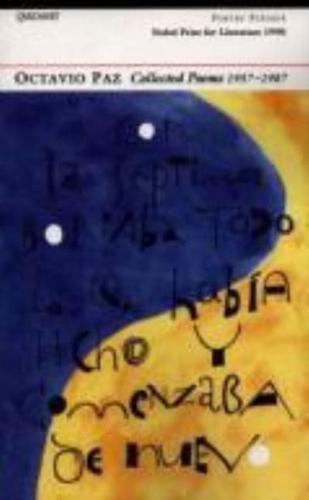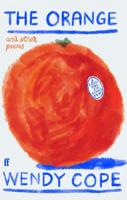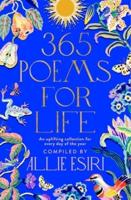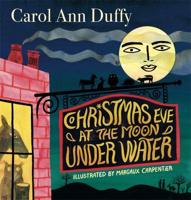Publisher's Synopsis
When Octavio Paz (1914-1998) died, Mexico lost a tribe of writers. He was many poets, from the surrealist disciple of André Breton to the admiring imitator of Alexander Pope; now a radical experimentalist, now an autobiographer and confessional writer. A social critic, his work went through several phases of integrity. Unlike Orwell, he had a highly developed interest in the erotic, and devised verse and prose styles for dealing with it. He was a philosopher, translator, essayist and a brilliant editor, urgently alive in and to his time. He never stood, or wished to stand, on his dignity, and that was his authentic dignity.
As a young Marxist he went to Yucatan to help organise schools for the sisal workers' children, and then to Spain in 1937, sponsored by Pablo Neruda. Spain began to unravel his illusions.'What we wanted we wanted without innocence,' a poem confesses. He made contrary marks on history. Acting against the excesses of his own government in 1968, at the time of the Olympic Massacre in Mexico City, he renounced his ambassadorship in New Delhi and became a focus of opposition. Twenty years before, he published and analysed news of the Soviet labour camps, turning left-leaning Latin American writers virulently against him.
European by inclination, he brought unanticipated forms and tonalities into Spanish. He could write a poetry of argument when he wished, though his most popular work is enactive. He was Voltaire and de Sade.











